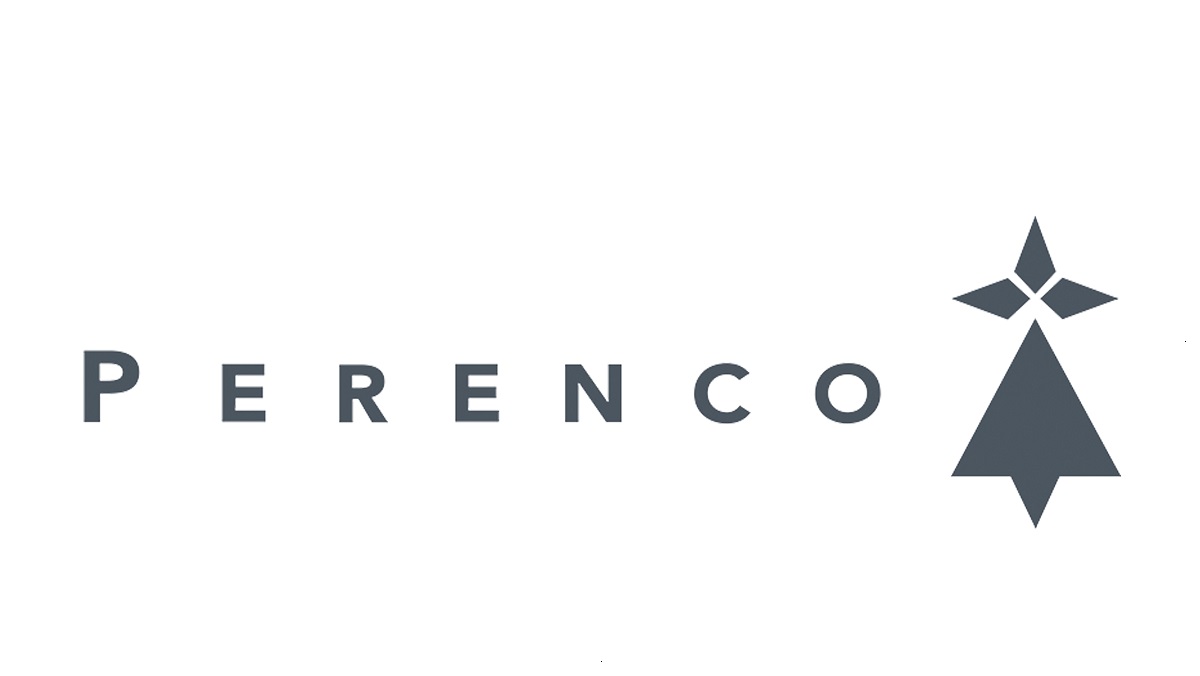Independent oil and gas company, Perenco, has undertaken an ambitious gas agenda in Africa, an agenda which is set to help make energy poverty history by 2030
JOHANNESBURG, South Africa, November 17, 2022/APO Group/ —
Independent oil and gas company, Perenco, has been driving an ambitious natural gas expansion agenda in Africa, recognizing the role the resource plays in meeting growing demand, kickstarting industrialization and socioeconomic growth while accelerating the transition to a clean energy future. The company’s gas drive has not only enabled Perenco to expand its footprint across the continent but has been instrumental in helping the continent address energy poverty through job creation, capacity building and partnerships with local companies.
Driving Sustainable Gas Developments in Africa
With over 600 trillion cubic feet (tcf) of proven natural gas resources on the African continent, Perenco has been quick to cement its position at the forefront of the continent’s gas development, driving several operations across a number of high potential markets. With gas representing the fuel of the future in Africa, Perenco has taken an accelerated approach to developing resources, implementing operational excellence and sustainability throughout the company’s gas operations.
In Cameroon, for example, Perenco, in partnership with the country’s national oil company, Société Nationale des Hydrocarbures, has developed and is now operating the Hilli Episeyo Floating Liquefied Natural Gas (LNG) facility, the first of its kind worldwide. Eager to expand its operations in the sector even further, earlier this year, the company signed a definitive conditional agreement with oil and gas exploration company, New Age, whereby Perenco will acquire all of its participating interest in the permit as well as operatorship of the Etinde Joint Venture. The deal will see Perenco taking on a more proactive role in the country’s upstream gas industry while kick starting momentum at the Etinde conventional gas development project. Finally, Perenco also has two decisive agreements for the start-up of activities at the 6.5 million cubic feet per day Keda plant. As such, Perenco’s Cameroon gas agenda is progressing rapidly.
In North Africa, Perenco acquired Anglo-Swiss multinational Glencore’s entities, with Perenco now holding Glencore’s entire upstream oil interests in the country. With the acquisition, Perenco now holds full operatorship of PetroChad Mangara – the operator of the Mangara, Badila and Krim oil fields in Chad’s Doba Basin.
Perenco’s drive for low-carbon technology, renewables and operational practices has placed its approach to resource development as a highly sought-after method
What’s more, in the Republic of Congo, Perenco has been operating since 2001, with the independent now operating both the Emeraude and Likouala fields as well as the Yombo field with the Floating Production, Storage and Offloading unit and the PNGF South fields. Perenco’s production in 2021 equated to 75,000 barrels per day (bpd), with the company looking at scaling up exploration in the high potential market even further.
Meanwhile, in the Democratic Republic of the Congo (DRC), for example, Perenco represents the only company operating, with 11 production fields producing approximately 25,000 barrels of oil per day on average while the company invests heavily in new wells. With the DRC opening up 30 new blocks as part of its 2022 licensing round – three of which are gas blocks – opportunities for Perenco’s expansion across the market even further are optimistic.
Finally, in Gabon, production activity commenced in 1992, and now, the company has increased production from 8,000 bpd to 100,000 bpd and 50 million cubic feet of gas. Holding a number of both on- and offshore licenses across the country, Perenco additionally operates two FPSO’s, with the company providing natural gas to the power stations of Libreville and Port-Gentil. As such, Perenco has become a key player in Gabon’s power sector, delivering much-needed gas for power generation and distribution across the region.
A Steadfast Partner of Africa
Through the number of gas projects being driven by Perenco, the company has remained a steadfast partner of the continent and its developmental journey. The large-scale developments being steered by the company have not only significantly improved power supply and access across the continent – a particularly critical task given that over 600 million people are without access to electricity in Africa and over 900 million without access to clean cooking solutions – but have opened up new and crucial opportunities for job creation and capacity building, with the company stepping up as a local content advocate and community developer.
Perenco’s commitment to the continent goes beyond the social aspects, with the independent remaining committed to delivering environmentally-aware operations. By striking a balance between oil and gas development and sustainability – deploying state-of-the-art technology at its operations to reduce emissions, enhance efficiency while ensuring uttermost operational excellence, Perenco has placed hydrocarbon development in line with environmental protection.
“Perenco’s drive for low-carbon technology, renewables and operational practices has placed its approach to resource development as a highly sought-after method, with the company recording its carbon emissions and disclosing them to the relevant authorities so as to improve transparency. They still hire a majority of Africans on all their operations” NJ Ayuk, Executive Chairman of the African Energy Chamber
“We at the Chamber are very impressed with the innovative initiatives they have used to reduce all scopes of emissions including reductions in energy usage through optimization and field efficiency; using gas for power generation; reducing flaring; reducing air travel; and developing gas networks, Perenco has set a benchmark for other independents across the continent”. Concluded Ayuk
Distributed by APO Group on behalf of African Energy Chamber.
